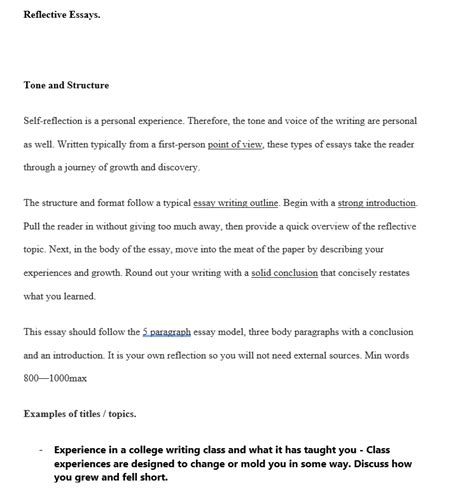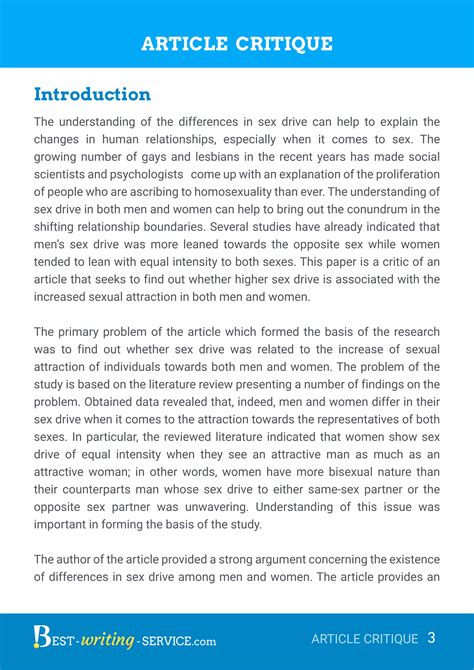In a world saturated with information, a distinctive and engaging writing voice isn’t just a nice-to-have; it’s a necessity. Your voice is your fingerprint on the page – it’s what makes your words stand out, resonate with readers, and ultimately build a connection that transcends mere information delivery. It’s the unique blend of your personality, perspective, tone, and stylistic choices that makes your writing unmistakably yours. But how does one cultivate such a powerful tool?
Understanding Your Natural Cadence
Developing your writing voice begins with self-awareness. Just as everyone has a unique speaking voice, you possess a natural way of expressing yourself. Pay attention to how you communicate verbally: your word choices, your rhythm, your humor, your seriousness. Does your language tend to be formal or informal? Do you prefer short, punchy sentences or longer, more reflective ones? Your authentic voice is often closely tied to your natural speaking patterns, translated onto the page.
Start by writing freely, without overthinking style or grammar, perhaps about a topic you’re passionate about. Observe the patterns that emerge. What kind of vocabulary do you naturally gravitate towards? What is your inherent tone?

Reading Widely and Critically
While your voice should be unique, it doesn’t develop in a vacuum. Reading widely across different genres, authors, and styles is fundamental. Pay attention not just to what authors say, but how they say it. Analyze sentence structure, word choice, use of metaphor, narrative techniques, and how they build rapport with their readers.
Identify voices you admire and dissect what makes them distinctive. Is it their wit, their vulnerability, their authoritative tone, or their lyrical prose? You’re not aiming to imitate, but rather to expand your palette of possibilities and understand the mechanics behind effective writing voices.
Experimenting with Style and Structure
Once you have a better grasp of your natural tendencies and have studied other voices, it’s time to experiment. Think of your writing as a playground where you can try on different hats. Play with sentence length: mix short, impactful sentences with longer, more complex ones. Vary your vocabulary, exploring synonyms and specific descriptors.
Experiment with different rhetorical devices: humor, irony, metaphor, simile. Try writing from different perspectives or adopting a specific tone for a piece. Don’t be afraid to break conventional rules if it serves your message and helps your voice shine through. This experimentation is crucial for discovering what truly resonates with you and your message.

Finding Your Authentic Self on the Page
The most compelling writing voices are often those that feel authentic. Don’t try to be someone you’re not. Readers can spot insincerity a mile away. Your voice should reflect your genuine beliefs, experiences, and personality. This might involve a degree of vulnerability – sharing your unique perspective, even if it’s unconventional. Write about what you truly care about and let your passion bleed onto the page.
Avoid clichés and generic phrasing. Instead, strive for fresh, original ways to express common ideas. The more you write from a place of genuine self-expression, the more distinctive and engaging your voice will become.

Practice, Feedback, and Refinement
Developing a distinctive voice is an ongoing process, not a destination. It requires consistent practice. The more you write, the more comfortable you’ll become with your stylistic choices and the more naturally your voice will emerge. Don’t just write; re-write. Edit your work not just for clarity and grammar, but also to amplify your voice.
Seek feedback from trusted readers or writing groups. Ask them specifically about your voice: “Does this sound like me?” “Is it engaging?” “What impression does my writing leave you with?” Be open to constructive criticism, but always filter it through your own vision for your voice. It’s an iterative process of writing, reflecting, getting feedback, and refining.

The Role of Audience and Purpose
While authenticity is key, remember that your voice also needs to serve your audience and purpose. A professional report will naturally call for a different tone and level of formality than a personal blog post or a creative short story. Your distinctive voice is adaptable; it can flex to suit different contexts without losing its core essence. Understanding who you are writing for and what you want to achieve will help you modulate your voice effectively, ensuring it remains engaging and appropriate.

Conclusion
Cultivating a distinctive and engaging writing voice is a journey of self-discovery, diligent practice, and courageous experimentation. It involves understanding your natural inclinations, learning from others, daring to be authentic, and constantly refining your craft. Embrace the process, be patient with yourself, and allow your unique personality to shine through your words. When you find your voice, your writing transcends mere information and becomes a powerful tool for connection and impact.




